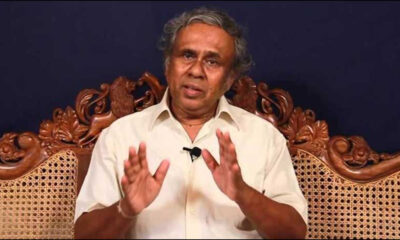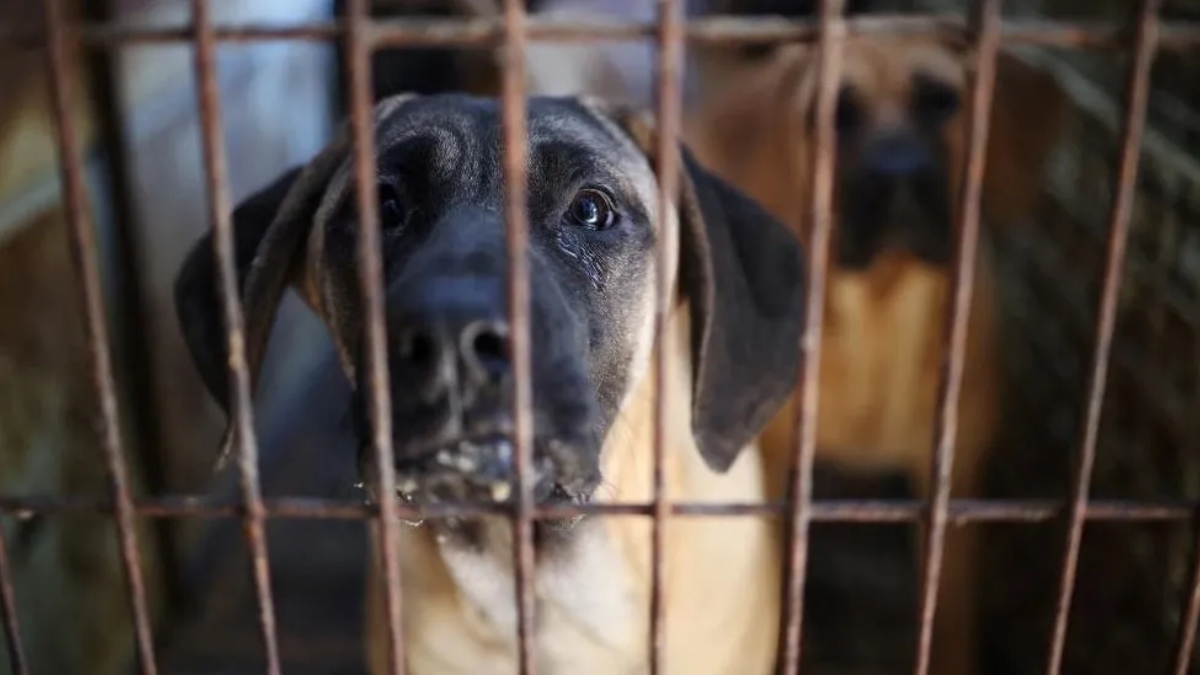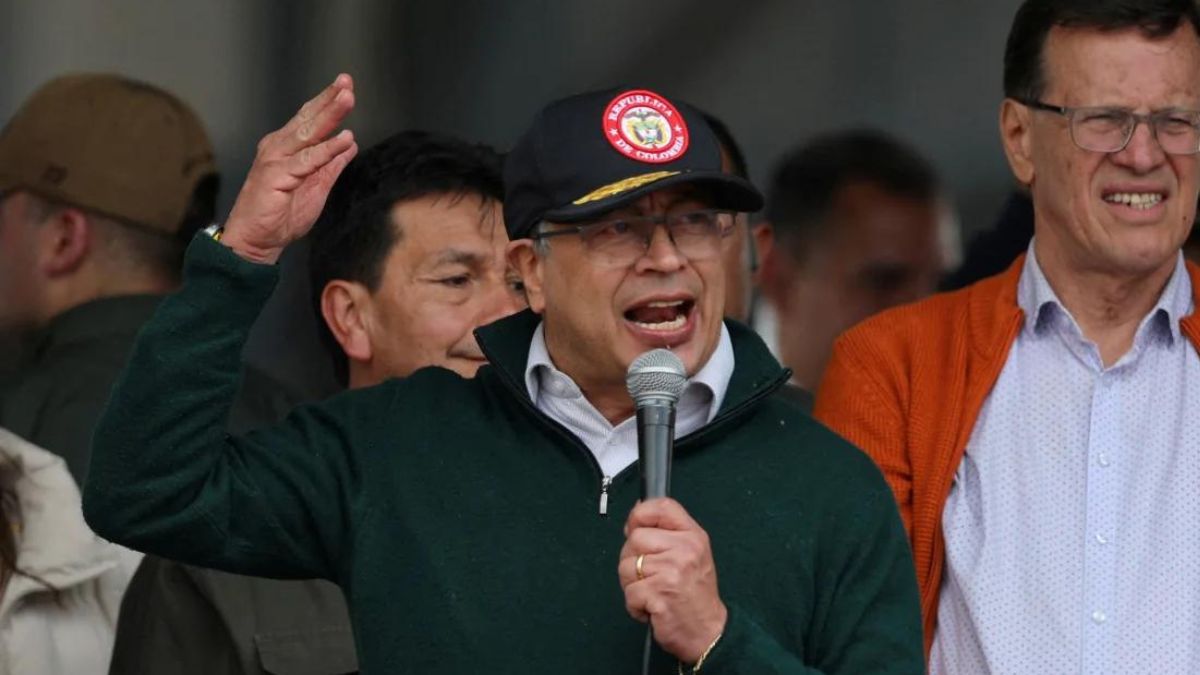The slaughter and sale of dogs for their meat is to become illegal in South Korea after MPs backed a new law.
The legislation, set to come into force by 2027, aims to end the centuries-old practice of humans eating dog meat.
Dog meat stew, called “boshintang”, is considered a delicacy among some older South Koreans, but the meat has fallen out of favour with diners and is no longer popular with young people.
Under the new law the consumption of dog meat itself will not be illegal.
According to a Gallup poll last year, only 8% of people said they had tried dog meat in the past 12 months, down from 27% in 2015. Fewer than a fifth of those polled said they supported the consumption of the meat.
Lee Chae-yeon, a 22-year-old student, said the ban was necessary to promote animal rights. “More people have pets today,” she told the BBC in Seoul. “Dogs are like family now and it’s not nice to eat our family.”
The new law focuses on the dog meat trade – those convicted of butchering dogs face up to three years in prison, while people found guilty of raising dogs for meat or selling dog meat could serve a maximum of two years.
Farmers and restaurant owners have three years to find alternative sources of employment and income before the legislation comes into force.
According to government statistics, South Korea had around 1,600 dog meat restaurants and 1,150 dog farms in 2023, all of which will now have to submit a plan to phase out their businesses to their local authorities.
The government has promised to fully support dog meat farmers, butchers and restaurant owners, whose businesses will be forced to close, though the details of what compensation will be offered have yet to be worked through.
On Tuesday lunchtime in Seoul, down an alleyway with several dog meat restaurants, a handful of older people were tucking into the stew and the generational divide was stark.
Kim Seon-ho, 86, was disappointed by the ban. “We’ve eaten this since the Middle Ages. Why stop us from eating our traditional food?” he said. “If you ban dog meat then you should ban beef.”
Previous governments, dating back to the 1980s, have pledged to ban dog meat, but failed to make progress. Current President Yoon Suk Yeol and First Lady Kim Keon Hee are known animal lovers – they have six dogs, and Ms Kim has called for the practice of eating dogs to end.
Animal rights groups, which have long been pushing for the ban, praised the outcome of Tuesday’s vote.
Jung Ah Chae, the executive director of the Humane Society in Korea, said she was surprised to see the ban in her lifetime. “While my heart breaks for all the millions of dogs for whom this change has come too late, I am overjoyed that South Korea can now close this miserable chapter in our history and embrace a dog friendly future,” she said.
Dog meat farmers had campaigned against the ban. They argued that, given the declining popularity among young people, the practice should be allowed to die out naturally over time. Many farmers and restaurateurs are elderly and said it would be difficult for them to switch livelihoods so late in life.
One dog farmer, Joo Yeong-bong, told the BBC the industry was in despair.
“In 10 years, the industry would have disappeared. We’re in our 60s and 70s and now we have no choice but to lose our livelihoods,” he said, adding that this was “an infringement of people’s freedom to eat what they like”.
One dog meat restaurant owner in her 60s, Mrs Kim, told the BBC she was frustrated by the ban, and blamed it on the rise in the number of people in South Korea having pets.
“Young people these days don’t get married, so they think of pets as family, but food is food. We should accept dog meat but raise and slaughter them in a hygienic environment,” she said.
“Other countries like China and Vietnam eat dogs, so why are we banning it?”
(BBC News)

 News2 days ago
News2 days ago
 News2 days ago
News2 days ago
 Entertainment4 days ago
Entertainment4 days ago
 Sports1 day ago
Sports1 day ago
 News2 days ago
News2 days ago
 News5 days ago
News5 days ago
 News4 days ago
News4 days ago
 News1 day ago
News1 day ago





















